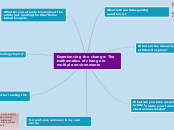por Mikayla Smith hace 9 años
279
Experiencing the change: The mathematics of change in multiple environments

por Mikayla Smith hace 9 años
279

Ver más